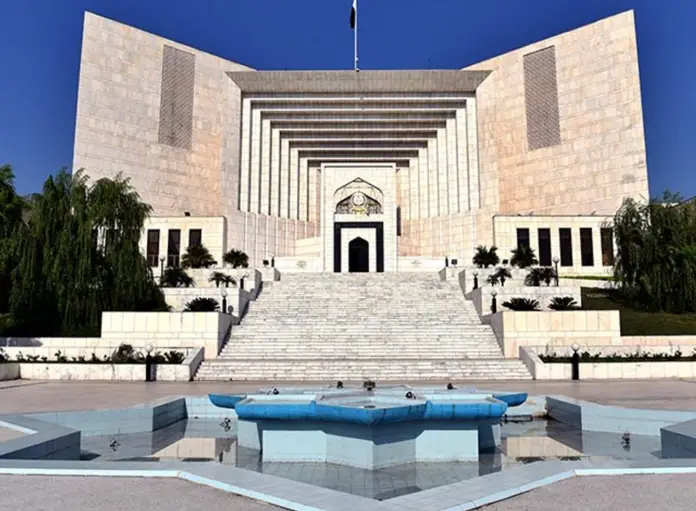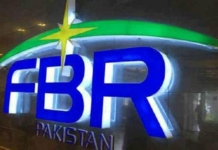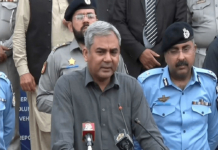The Supreme Court (SC) has questioned why the Pakistan Tehreek-e-Insaf had not raised objections to the National Accountability Bureau (NAB) Ordinance amendments in the parliament.
A three-member bench of the apex court consisting of Chief Justice Umar Ata Bandial, Justice Ijaz-ul-Ahsan, and Justice Syed Mansoor Ali Shah heard the petition filed by Pakistan Tehreek-i-Insaaf (PTI) Chairman Imran Khan that had challenged the amendments to the NAB Ordinance.
During the hearing, Chief Justice Bandial asked Imran Khan’s lawyer Khawaja Haris if the amendments were supported by judgments, to which Haris replied that they were not in line with the court’s judgments.
Haris argued that the majority of the cases pertained to misuse of power or assets beyond means, adding that following the amendments, a case could not be put forth unless the person in authority themselves benefitted in a manner.
Justice Shah questioned whether legislators should not be allowed to use their privileges, at which Imran Khan’s lawyer asked if the parliament’s declaration of murder not being a crime would be allowed.
Chief Justice Bandial observed that the amendments had not removed the ‘misuse of authority’ from the list of crimes.
Justice Ahsan questioned, “Can the legislative powers of the parliament not be reviewed by the courts?”
He also observed that if the amendments were applied retrospectively to cases dating back to 1985, they would all be disposed.
PTI’s counsel further argued that the public had the right to ensure that their representatives did not misuse authority. He added that though misuse of authority was still a crime, it had been made impossible to prove it.
Moreover, PTI Vice Chairman Shah Mahmood Qureshi was also asked to take the stand.
Justice Bandial stated to Qureshi that his counsel had raised good points. However, he questioned why these points could not be debated by the parliament.
Justice Ahsan also told the PTI vice chairman to raise the issue in the parliament.
Qureshi responded that the matter had come under discussion in a parliamentary committee. Justice Ahsan stated that Qureshi was perhaps referring to a point in time before the PTI government was removed, adding that only President Alvi had offered “token resistance” through his disapproval of the bill.
Justice Shah stated that the petitioner [Imran Khan] had walked out of the parliament. With such serious amendments being passed, the judge questioned, did the petitioner have the right to make a claim?
Addressing Qureshi, the judge asked where the party was when the amendments were passed.
CJ Bandial pointed out that the bill was passed without hindrance.
Qureshi stated that the PML-N was in the majority and even with PTI’s opposition, it would have been passed.
The chief justice said that there was no alternative to the forum of the parliament.
Moreover, the additional attorney general stated to the court that the amendments had been challenged in the Islamabad High Court and it would be appropriate if the high court was allowed to announce its verdict first.
The Supreme Court issued notices to the federation, the law secretary, the attorney general and the NAB.
The apex court also directed Qureshi that the court be informed in a written response why the PTI had not raised objections when the amendments were passed.
The hearing was later adjourned till 11:00am on July 29.








Comments are closed.